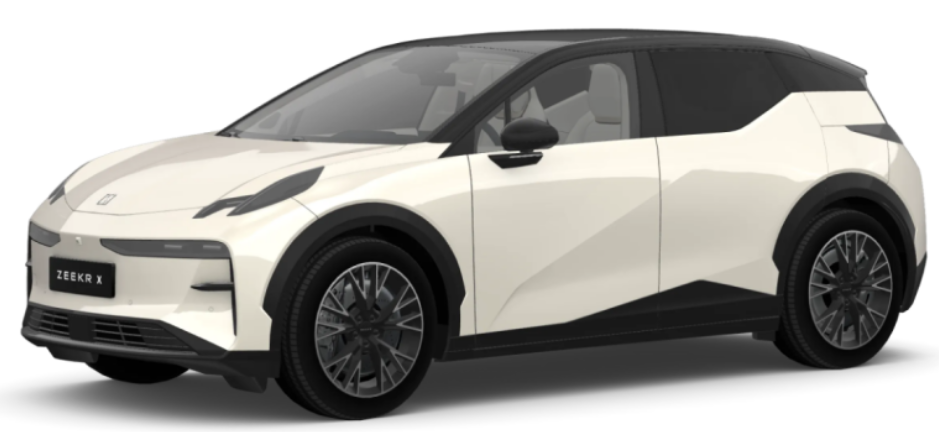News
Chinese EV Brand Zeekr Sees Surge in Sales in Russia
According to a Reuters report, Chinese automakers are at the forefront of the burgeoning but still small-scale electric vehicle (EV) market in Russia. Last year, the Chinese EV brand Zeekr saw a significant uptick in sales within the Russian market.
Zeekr, a high-end intelligent electric vehicle brand under the Zhejiang Geely Holding Group, manufactures its cars in China. In May 2024, Zeekr successfully listed on the NASDAQ with a market value of approximately $6.8 billion.
Irina Frank, the head of Moscow’s Frank-Auto dealership, stated that despite not having an official agent in Russia, Zeekr’s high-end Chinese brand cars are leading the electric vehicle sector. Since June of last year, they have sold over 8,000 cars. The Zeekr X compact SUV, priced at about 4 million rubles (approximately 3.4 million yuan) in Russia, is comparable in cost to European car manufacturers.

Vadim Merzlikin, marketing director of a dealership selling Zeekr cars, said that the official entry of Zeekr cars into the Russian market will inject new momentum into this growth trend. However, macroeconomic factors are also key to market development, which mainly depends on purchasing power, competitiveness, and economic conditions. Merzlikin added that the current consumer base for electric vehicles in Russia is mainly concentrated among the wealthier groups, with up to 40% of electric vehicle owners having charging facilities at home.
Frank noted that as charging station construction accelerates, consumers become more aware of fuel savings, and dealer maintenance services improve, Russian interest in electric vehicles is growing. Frank pointed out that although the current market share of electric vehicles in Russia is relatively small, at less than 2%, compared to China’s over 30% penetration rate, he predicts that by 2035, the market share of electric vehicles in Russia will exceed 25%.
Since the Russia-Ukraine conflict in February 2022, Western automakers have withdrawn from the Russian market, providing Chinese automakers with a prime opportunity to quickly fill the market gap left by their Western competitors. Now, Chinese automakers have captured more than half of the Russian car market. Merzlikin cites a survey by Autostat and Auto Mail that 53.1% of Russians are now prepared to buy Chinese cars, up from 6.4% in 2017.
Some governments in the United States and Europe are increasingly concerned about China’s dominance in the electric vehicle sector. However, unlike these regions, the Russian government has embraced Chinese brands, not imposing tariffs on Chinese-made imported cars and actively introducing Chinese products to support the recovery and growth of its domestic automotive industry.
According to the latest data from the Russian analysis agency Autostat, from May 2023 to April 2024, Russia sold over 20,500 new electric vehicles, a remarkable increase of about 350% compared to the previous year. Chinese brand electric vehicles accounted for over half of the sales. During this period, Russian automakers sold less than 4,000 new electric vehicles, while the total sales of passenger cars in the country reached 1.28 million.
Due to Russia’s vast territory lacking a comprehensive charging infrastructure and its long-standing reliance on its abundant oil and natural gas resources, the development of the electric vehicle market has been hindered. Despite this, the number of electric vehicles sold in Russia in the past year still exceeded the total sales of the previous decade.
CATEGORIES
LATEST NEWS
CONTACT US
Name: Ms Tina
Mobile:+8613884463677
Tel:+8613884463677
Whatsapp:+8613738490136
Email:[email protected]
Add:Room2104-3, Block A, Ningbo Chamber Of Commerce Building, 558 Tiantong South Road, Shounan Street, Ningbo, Zhejiang, China
